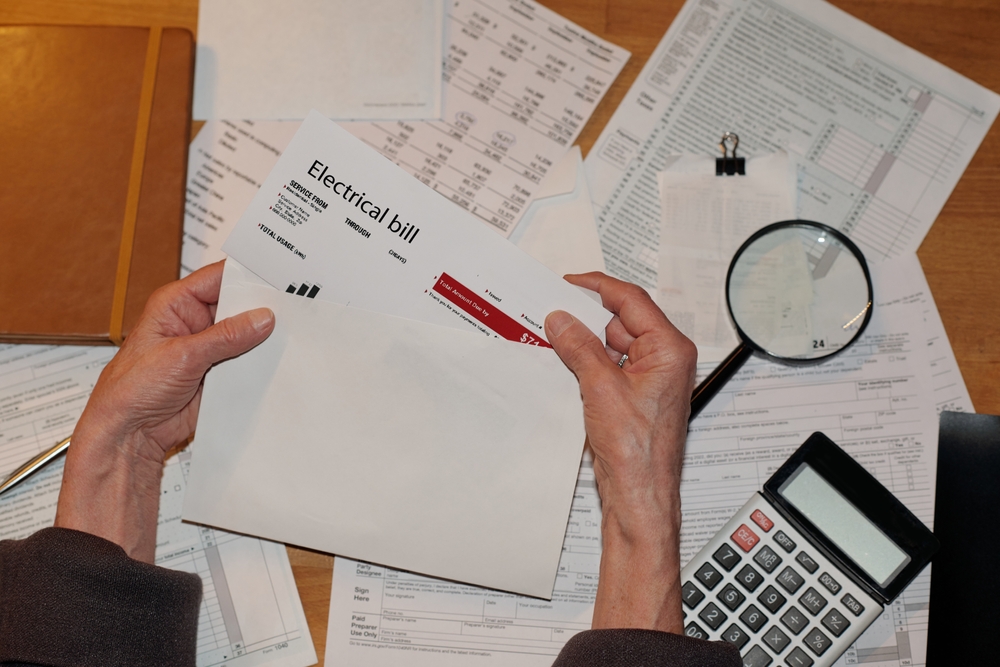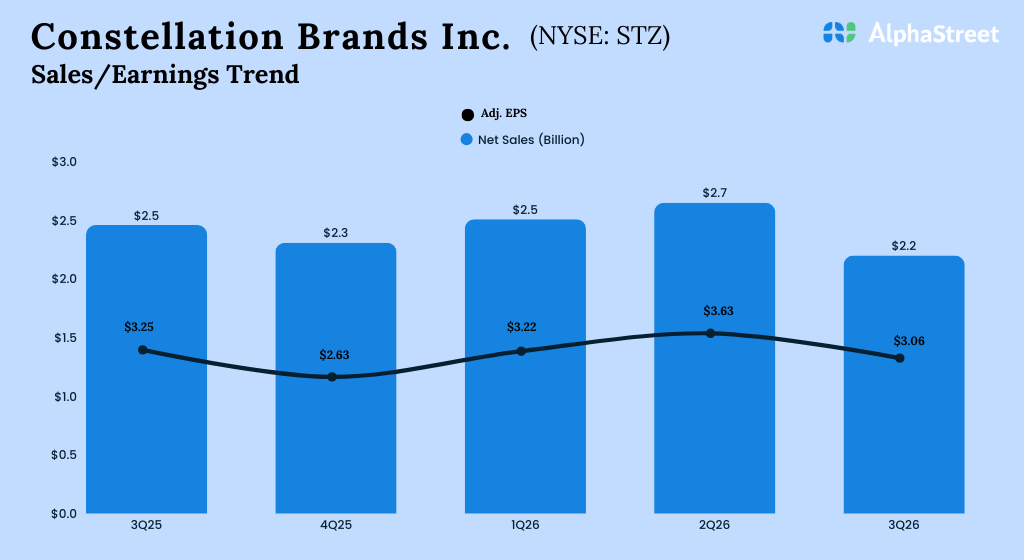Public services have long been a cornerstone of American civic life, offering essential resources—from libraries and transit to parks and senior programs—at little or no cost. However, a quiet but steady shift has been happening across the country: many of these once-free services are now requiring payment for access, often under the radar.
This creeping privatization and fee-based access model is changing the way people engage with their communities. It’s also sparking growing concerns about social inequality, particularly among seniors and low-income families who depend on these services the most.
Here are eight public services that are quietly becoming paid-only, and what it means for everyday Americans.
1. Public Libraries Introducing Membership and Usage Fees
Public libraries have historically been free spaces for education, research, and community gatherings. However, some cities and counties have started charging for services that were once complimentary. Common fees now include library card “subscription” fees for non-residents, printing and computer usage charges, rental fees for digital media, eBooks, or specialty equipment, and fees for meeting room reservations or community events.
In some cases, cities facing budget shortfalls have introduced annual library fees even for residents. While small on paper, often $10 to $50 per year, these fees pose barriers for seniors and low-income individuals who rely on library services for internet access, job hunting, or social programs.
2. Senior Recreation Programs Moving Behind Paywalls
Many cities once offered free fitness classes, arts programs, and social activities for older adults. Increasingly, however, these senior-focused services now come with membership dues or class fees. Common charges include monthly memberships for senior centers, per-class fees for exercise programs like yoga or tai chi, and participation fees for group outings or workshops.
While local governments often defend these changes as necessary to cover costs, critics argue that they effectively exclude those who need these programs the most—isolated seniors living on fixed incomes.
3. Public Parks Charging Entrance and Usage Fees
While parks may still technically be “open to the public,” fees for accessing certain parts of public green spaces have expanded significantly in recent years. Examples include paid parking at city and county parks, entrance fees for trails, botanical gardens, or nature reserves, charges for picnic areas, playgrounds, or sports fields, and permit fees for group activities, weddings, or photography sessions.
These incremental fees have turned many public outdoor spaces into pay-to-play environments. In some cities, residents now pay higher rates than tourists to use local parks, a reversal of previous policies intended to keep parks open and accessible for all.
4. Public Transit Systems Phasing Out Free Rides and Discounts
During the pandemic, many transit systems temporarily suspended fares to encourage ridership and reduce cash handling. But instead of returning to pre-pandemic fare structures, some cities are now eliminating free or discounted rides altogether. Key changes include ending senior or student discounts, eliminating fare-free zones in downtown areas, raising rates on paratransit or accessible ride programs, and charging for previously free shuttle services between key city hubs.
With rising operational costs, transit agencies are shifting to full-fare models that disproportionately affect those who can least afford to pay—including retirees, students, and low-income commuters who rely on transit as their primary means of transportation.

5. Community Health Clinics Introducing Sliding-Scale or Full Fees
Public health clinics were once a safety net for uninsured and underinsured Americans. But many clinics, especially those in smaller cities or rural areas, have started charging sliding-scale fees or full payment upfront for services that were once free.
Commonly affected services include routine health screenings, immunizations and vaccinations, mental health counseling, adn preventive care visits. While sliding-scale pricing is meant to make care accessible, even modest fees can deter low-income patients from seeking preventive care, ultimately driving up long-term health costs for individuals and communities alike.
6. Public School Services Now Require Payment
Public education may technically be free, but more school districts are charging fees for services that were once covered by tax dollars. These fees often include school bus transportation, after-school programs or tutoring, sports and extracurricular activities, and technology fees for laptops or tablets used in class.
Many families now face hundreds or even thousands of dollars in “optional” school fees each year, raising concerns that public education is quietly becoming inaccessible for low- and middle-income households.
7. Municipal Water and Utility Assistance Programs Require Application Fees
Water, electricity, and gas assistance programs are meant to provide relief for households in need. However, some localities now charge application or administrative fees to process requests for aid.
These fees can range from $10 to $50 per application and may need to be paid upfront, ironically creating a financial barrier for those already struggling with utility bills.
Some areas also require residents to pay portions of their outstanding utility balances before becoming eligible for assistance, effectively limiting these programs to those who can afford partial payment.
8. Public Legal Aid and Mediation Services Now Come With Costs
Access to legal representation and mediation services has historically been a pillar of public assistance programs, particularly for housing disputes, domestic violence cases, and family law. However, some cities and nonprofit legal groups now charge “intake” or service fees for legal help, citing limited funding and high demand.
Fees may apply for eviction defense services, small claims court assistance, family mediation programs, and document preparation for wills, guardianship, or custody cases.
While these fees are often modest compared to private attorney rates, they still represent a significant hurdle for vulnerable populations who depend on legal aid to navigate critical life events.
Why More Public Services Are Quietly Moving Behind Paywalls and Who Pays the Price
The slow but steady shift toward pay-only public services reveals a troubling trend in modern civic life. From libraries and parks to health clinics and legal aid, resources once seen as essential and universally accessible are increasingly available only to those who can afford them.
Proponents of these changes often point to tight municipal budgets, rising operating costs, and shrinking federal funding as the culprits. However, critics argue that the growing prevalence of user fees deepens inequality, locking out the very people these services were designed to support, especially seniors, low-income families, and marginalized communities.
This creeping paywall model raises difficult questions about the future of shared public resources and whether they will remain truly “public” at all.
Have you noticed public services in your community becoming fee-based or harder to access? How has it impacted you or your neighbors?
Read More:
8 Cities Where Emergency Services Are Slower Than You’d Expect
14 Little-Known Government Programs Designed to Help You When You’re Broke
Riley Schnepf is an Arizona native with over nine years of writing experience. From personal finance to travel to digital marketing to pop culture, she’s written about everything under the sun. When she’s not writing, she’s spending her time outside, reading, or cuddling with her two corgis.
























